

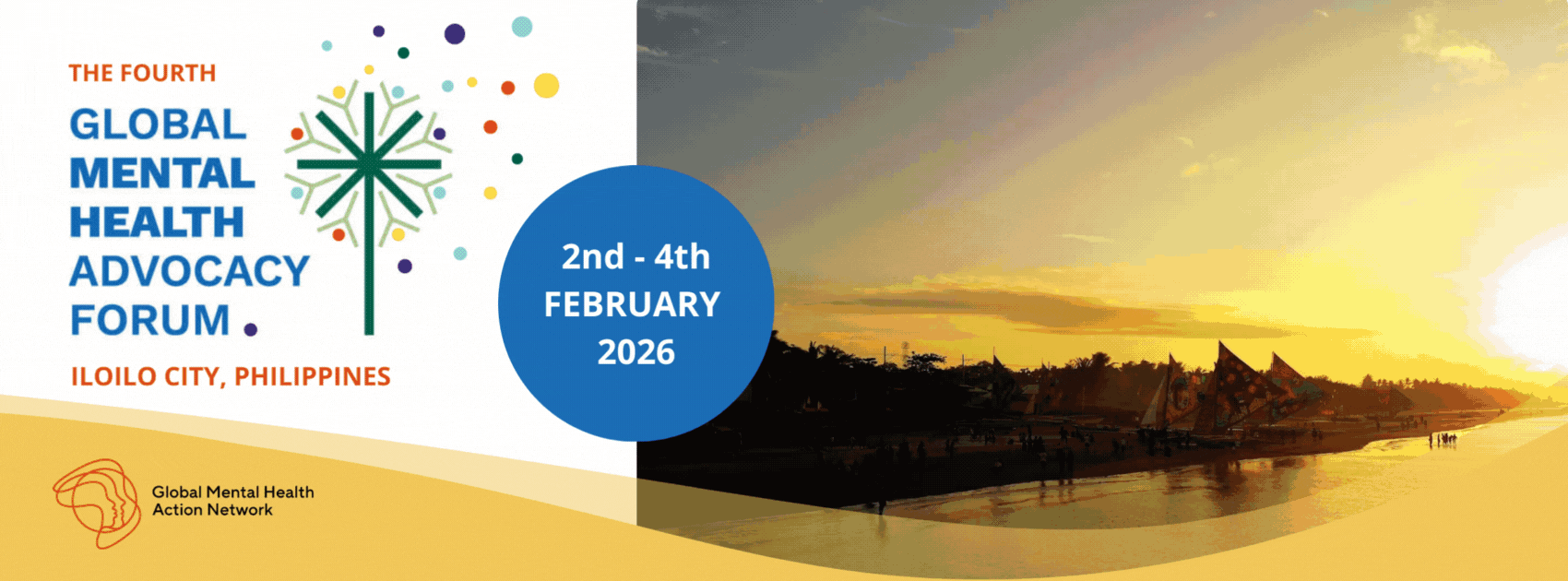
您会亲自出席还是线上参加?无论您选择哪种方式,注册都是完全免费的。行动网络致力于重塑全球心理健康格局,确保不遗漏任何声音。
旅行补助金申请现已截止。所有申请人将于10月收到通知。未获批准的申请人将以线上参会者身份报名,但也可选择申请自费参会。
全球规模最大的心理健康会议规模再创新高!我们的线下会议席位已全部满员。但由于需求旺盛,我们将开放更多席位,欢迎会员前往伊洛伊洛市参加这场具有里程碑意义的活动。由于无需注册费,自费参会者只需承担行程期间的机票、住宿和生活费用。我们预计酒店费用每晚在 3,000-5,000 菲律宾比索(50-90 美元)之间。














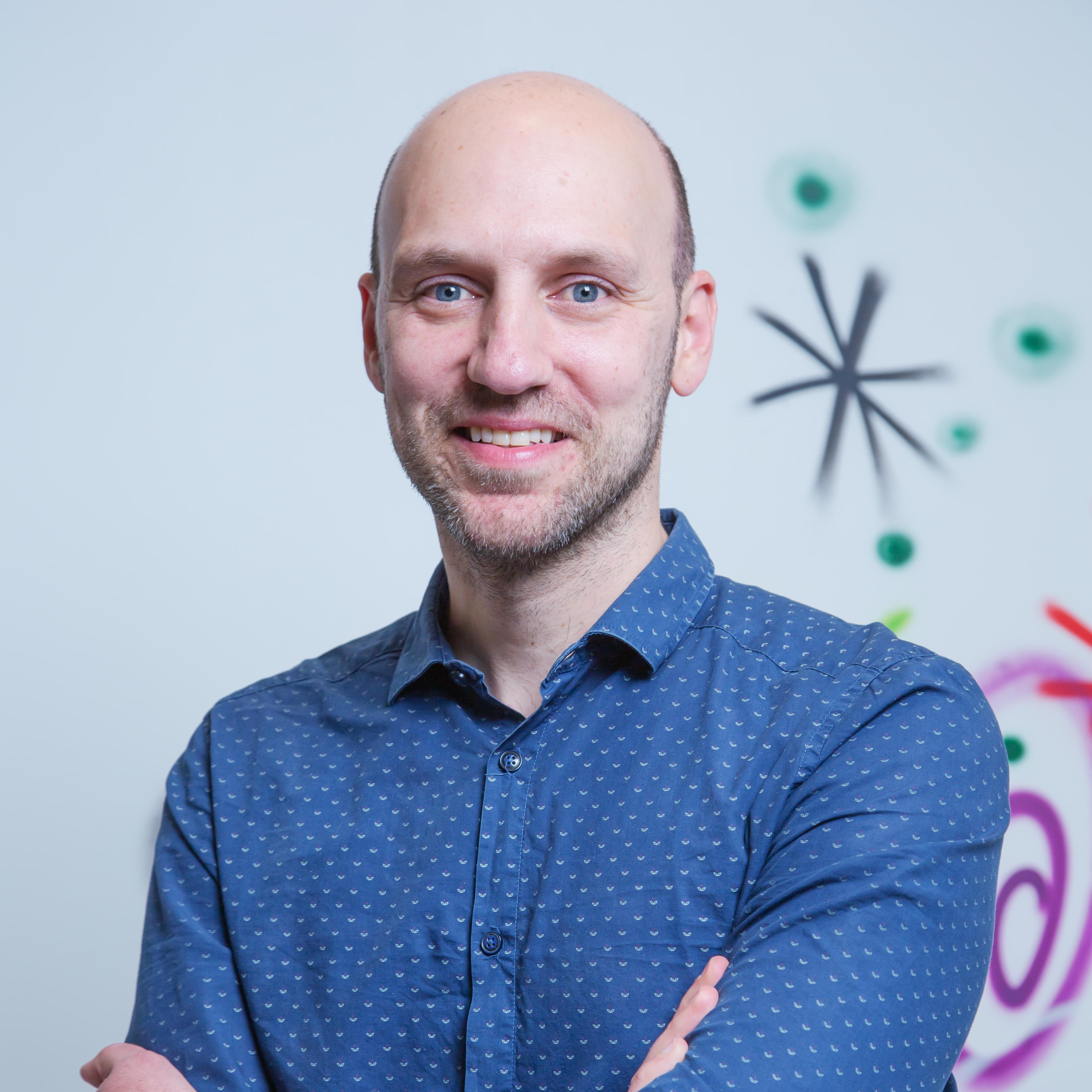









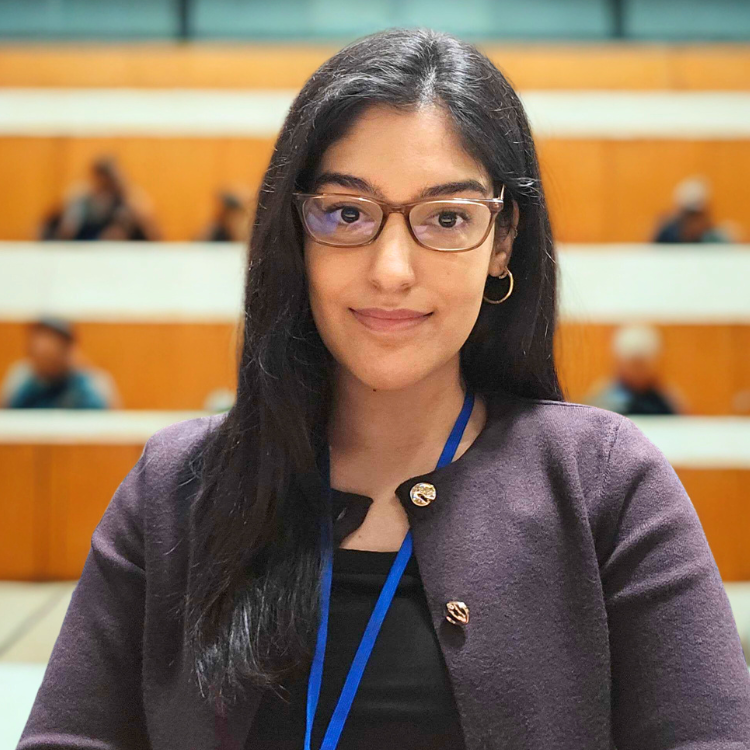



















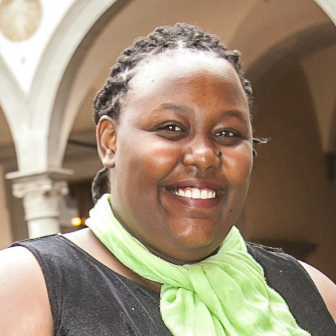













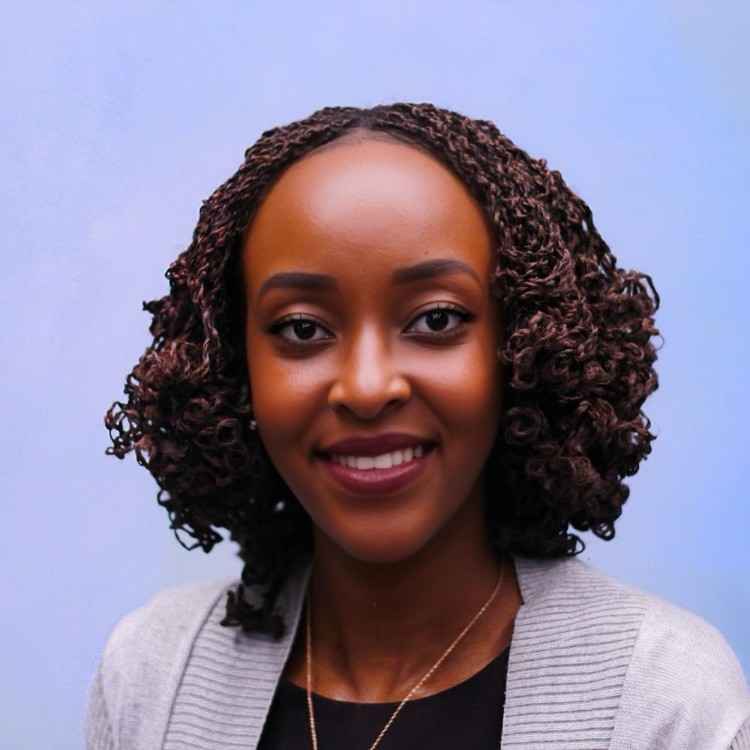

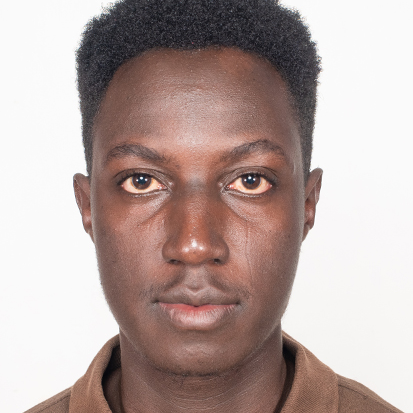























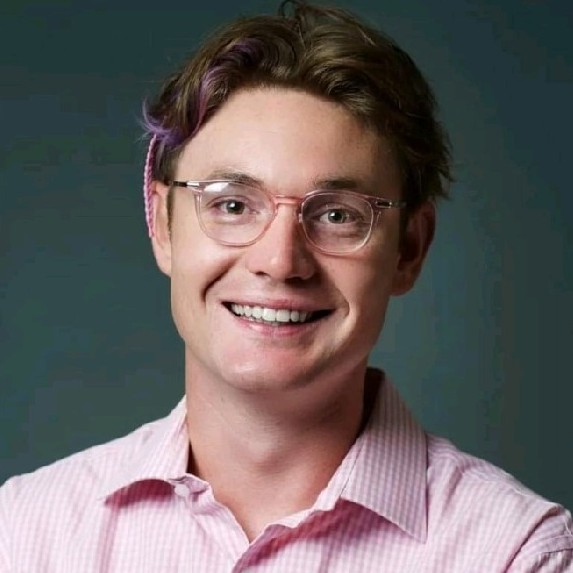













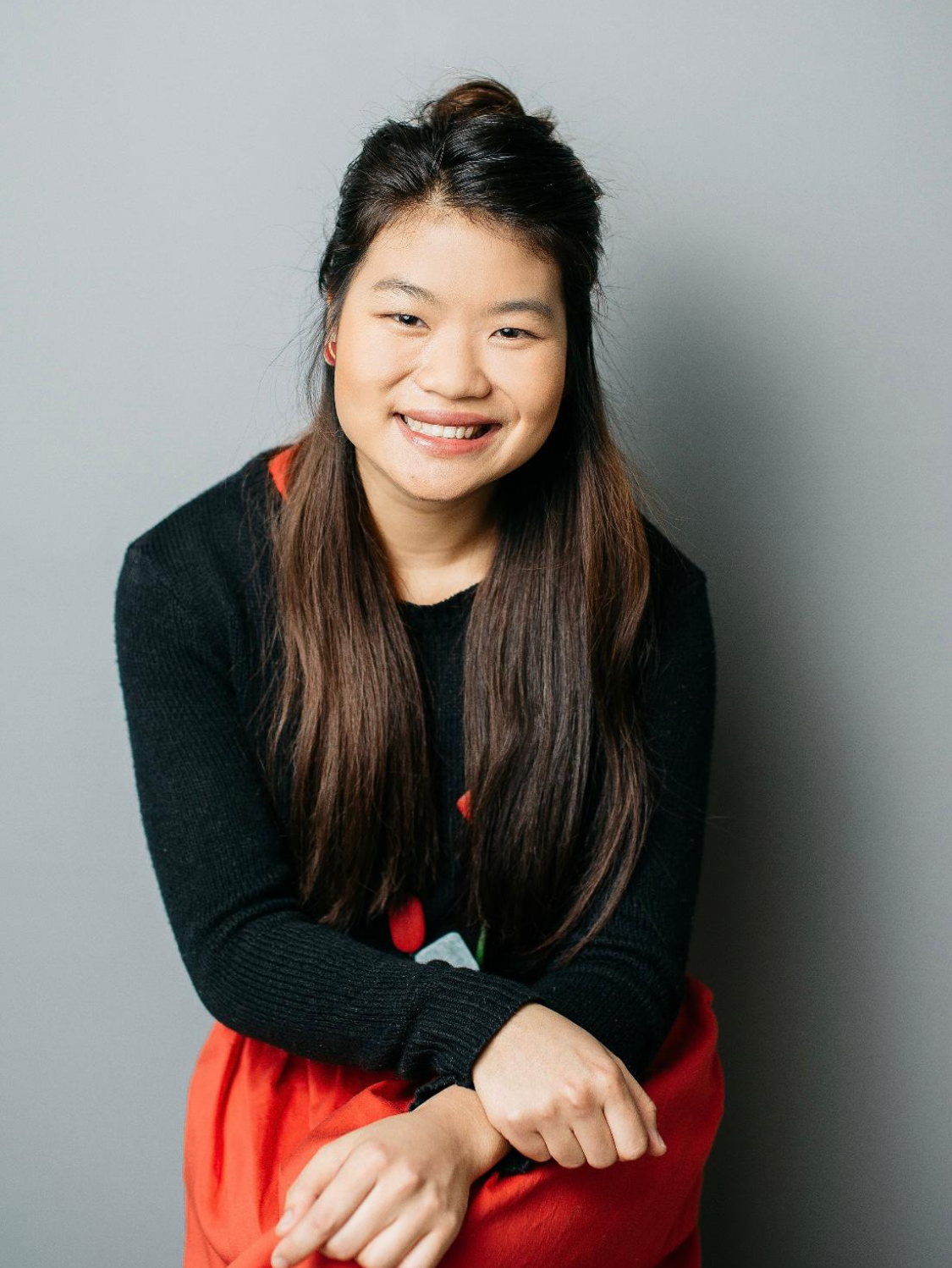















































The Philippines has made incredible progress in mental health, from upgraded legislation, to leading digital innovations and significant government funding commitments. There’s so much we can learn from these achievements, as well as the country’s traditional and local approaches to power sharing, healing and community development. Iloilo City is the perfect place to showcase them.
Iloilo is a bold and meaningful choice. The city is known for its progressive approach to sustainability, climate action, and mental health education in schools. It is deeply rooted in history, with preserved heritage sites, and an exciting food scene that landed it the prestigious title of 'UNESCO City of Gastronomy' in 2023. We look forward to welcoming you to the Philippines' 'City of Love' next year!
菲律宾在心理健康领域取得了令人瞩目的进步,从完善的立法到领先的数字创新,再到政府的巨额资金投入。这些成就以及菲律宾在权力共享、康复和社区发展方面采用的传统和本土方法,都值得我们学习借鉴。伊洛伊洛市是展示这些成就的理想之地。
选择伊洛伊洛,是一个大胆而有意义的选择。这座城市以其在可持续发展、气候行动和学校心理健康教育方面的进步举措而闻名。它历史悠久,拥有保存完好的遗址和令人兴奋的美食,并于2023年荣获“联合国教科文组织美食之都”的殊荣。我们期待明年在菲律宾这座“爱之城”迎接您的到来!

This site uses cookies to provide essential functionalit and, to help us understand how people find and use the site.
Select Accept to consent or Reject to decline non-essential cookies for this use.